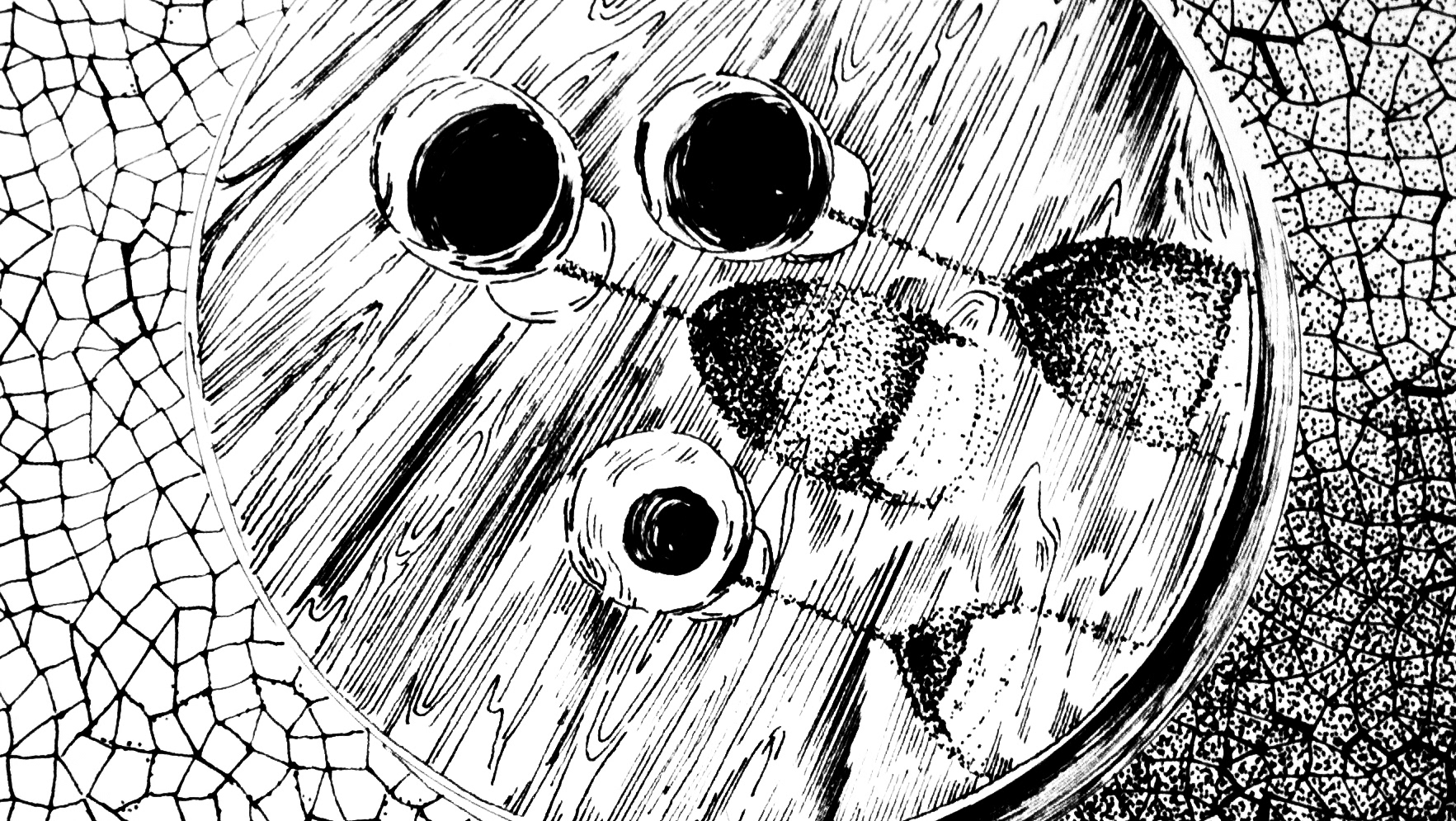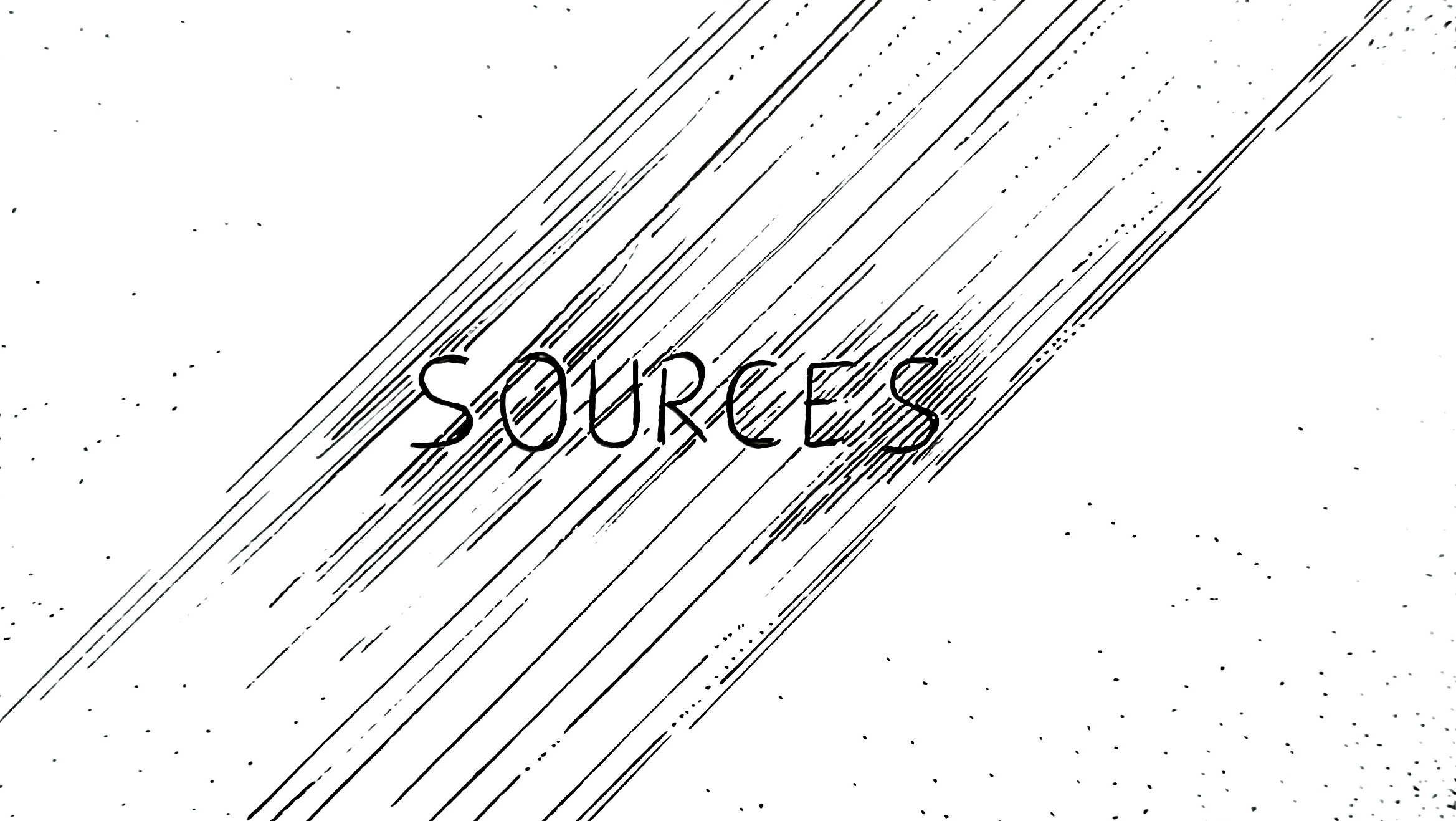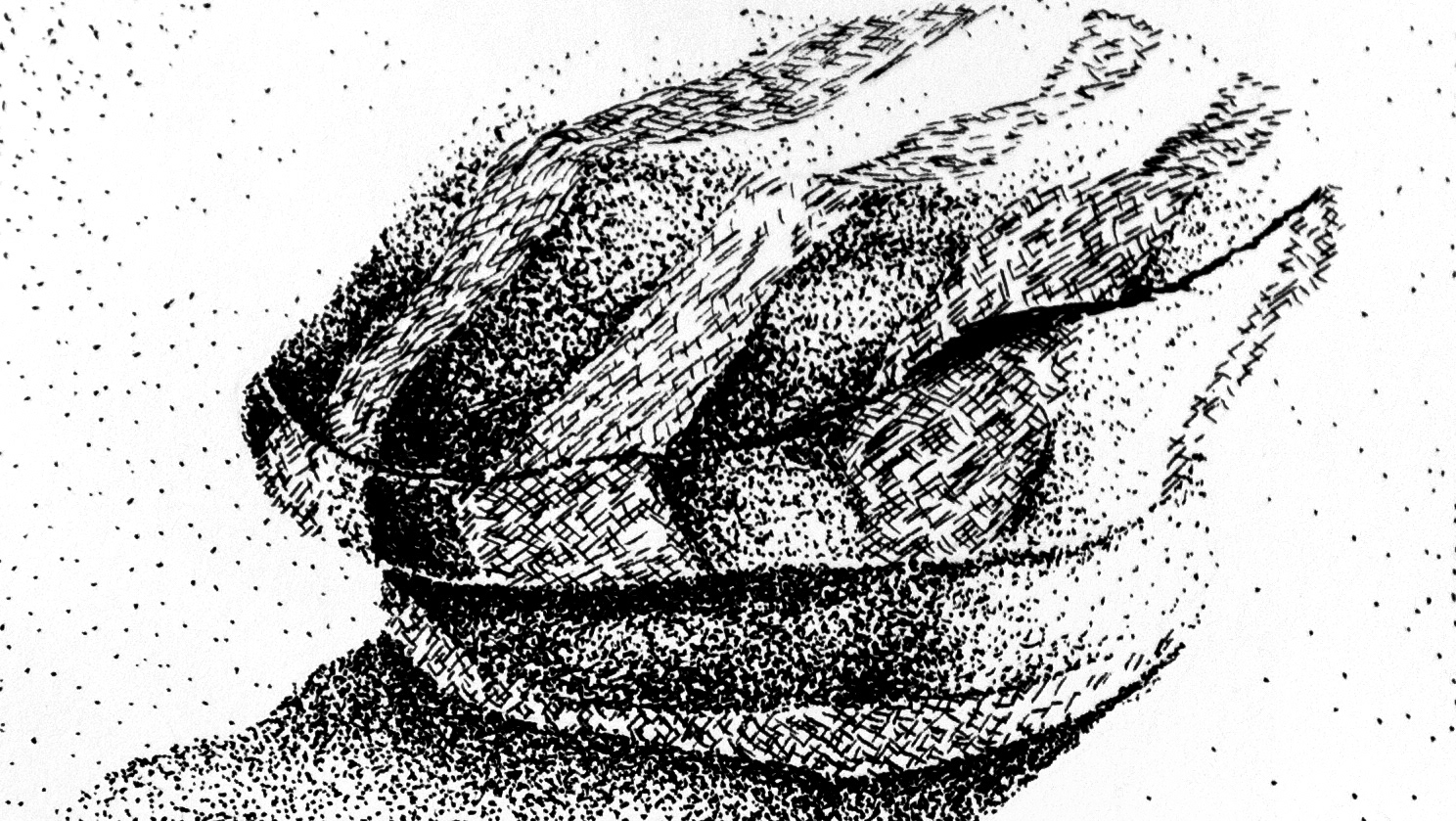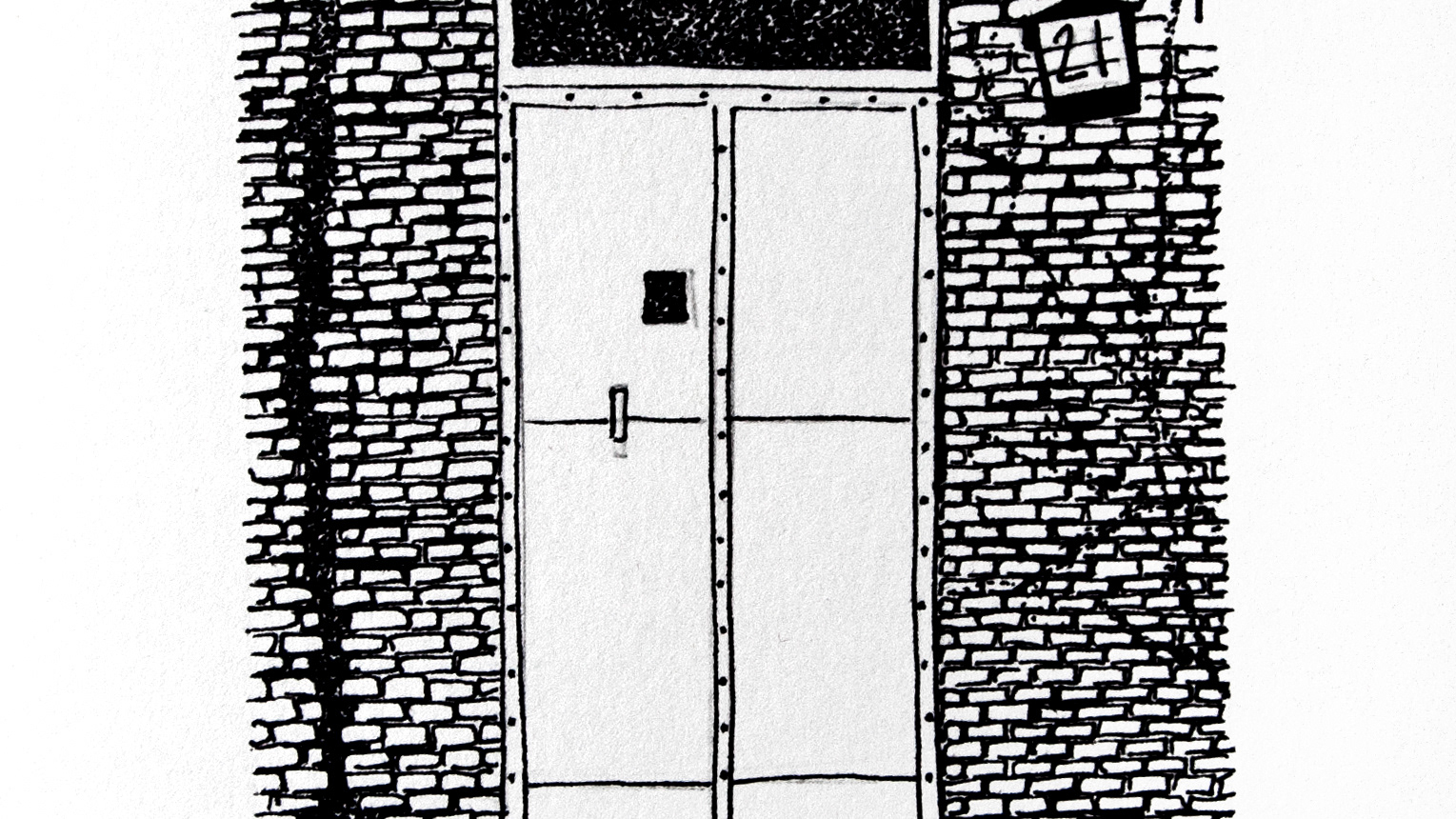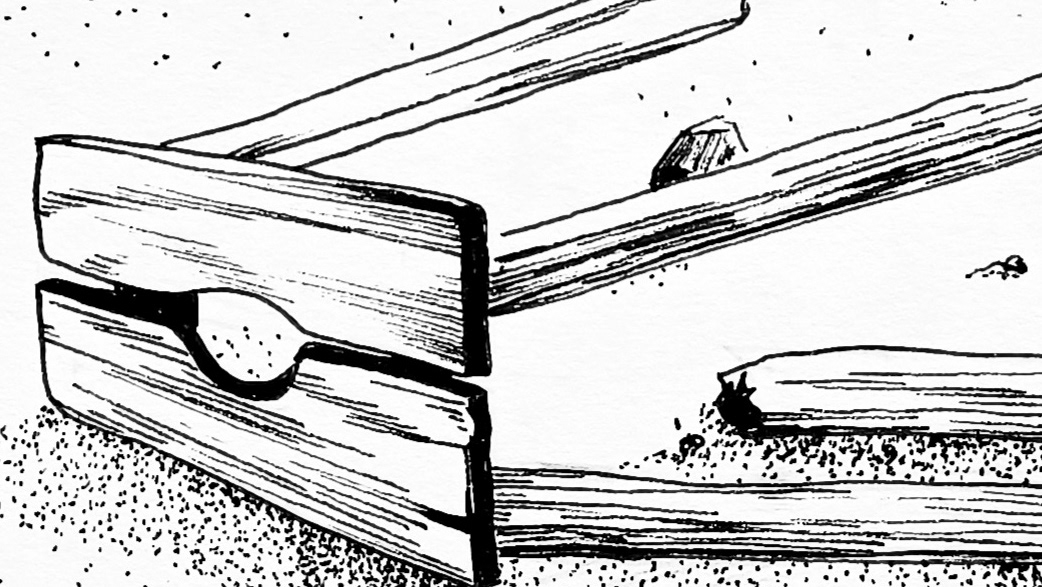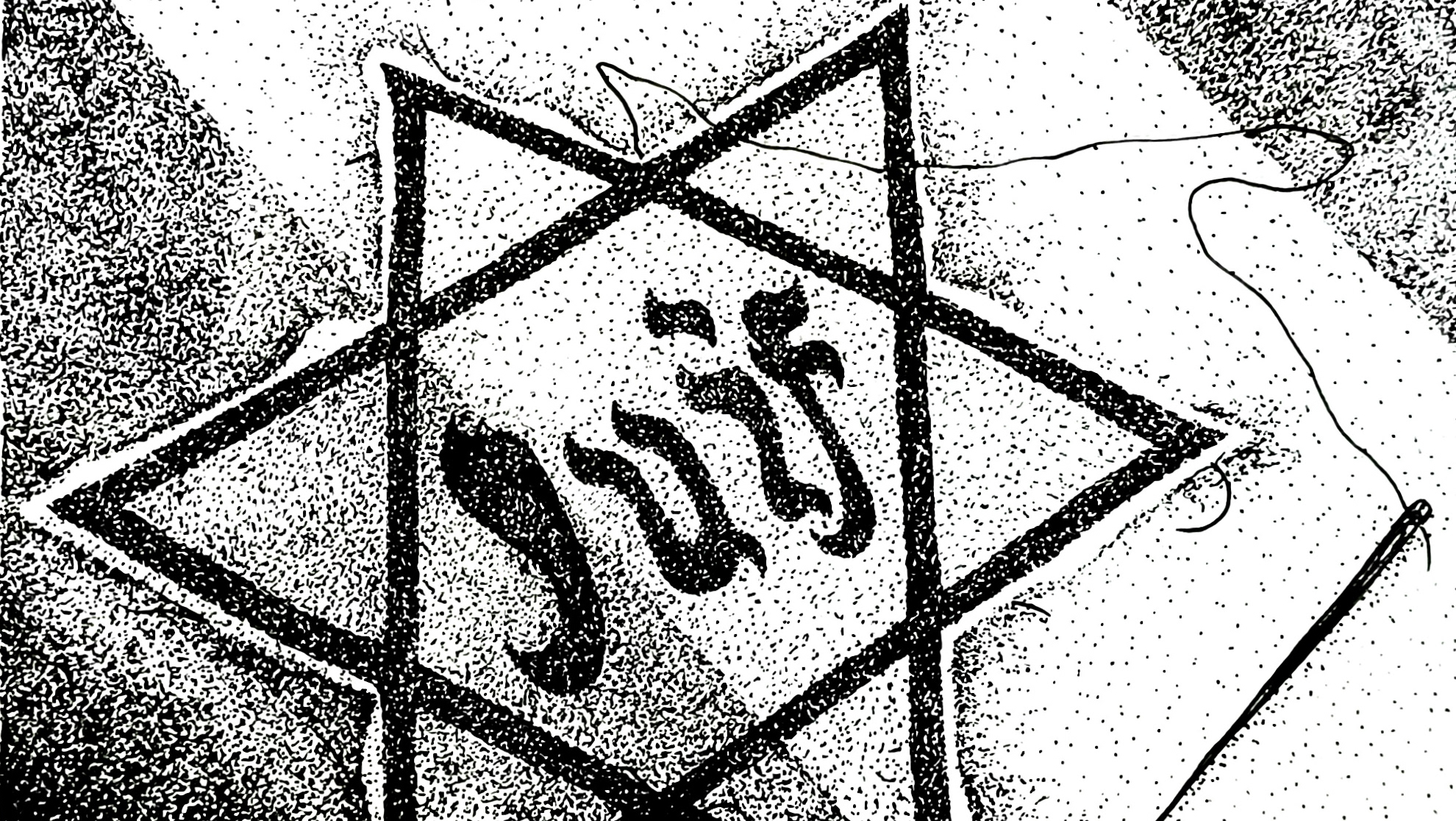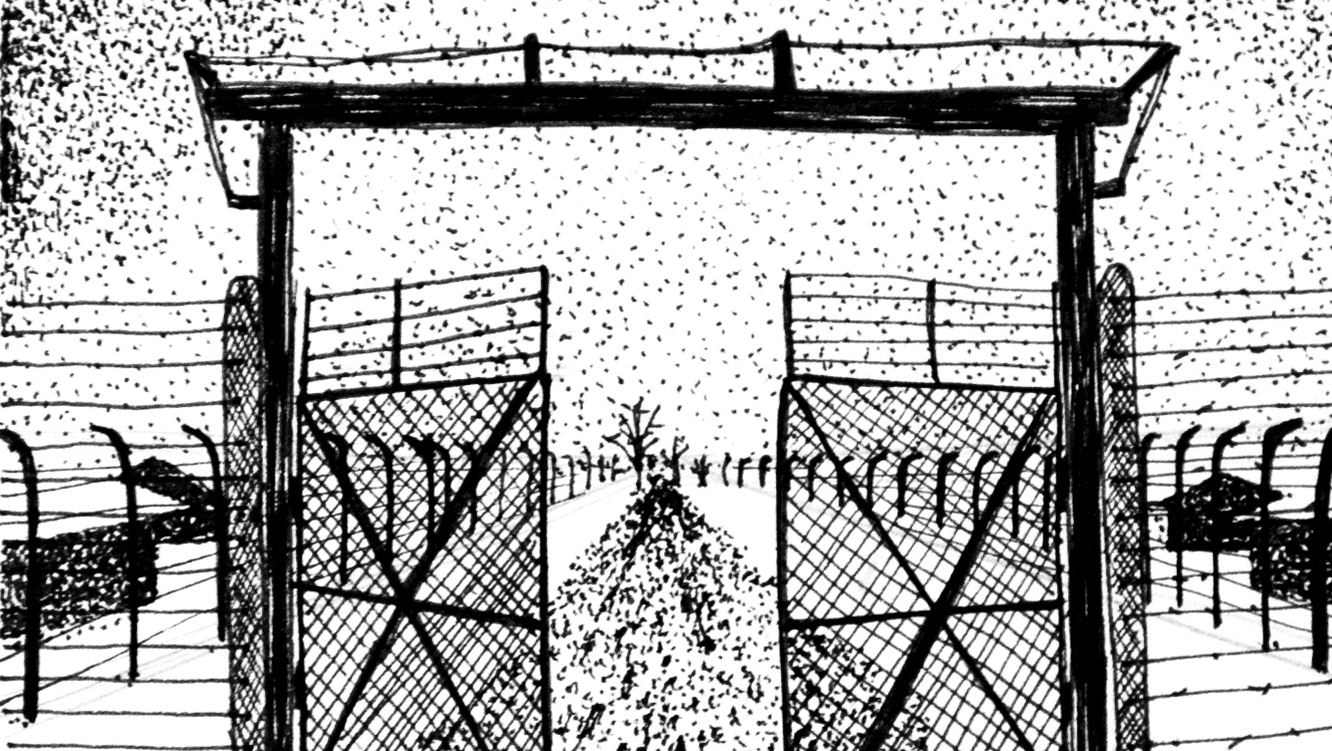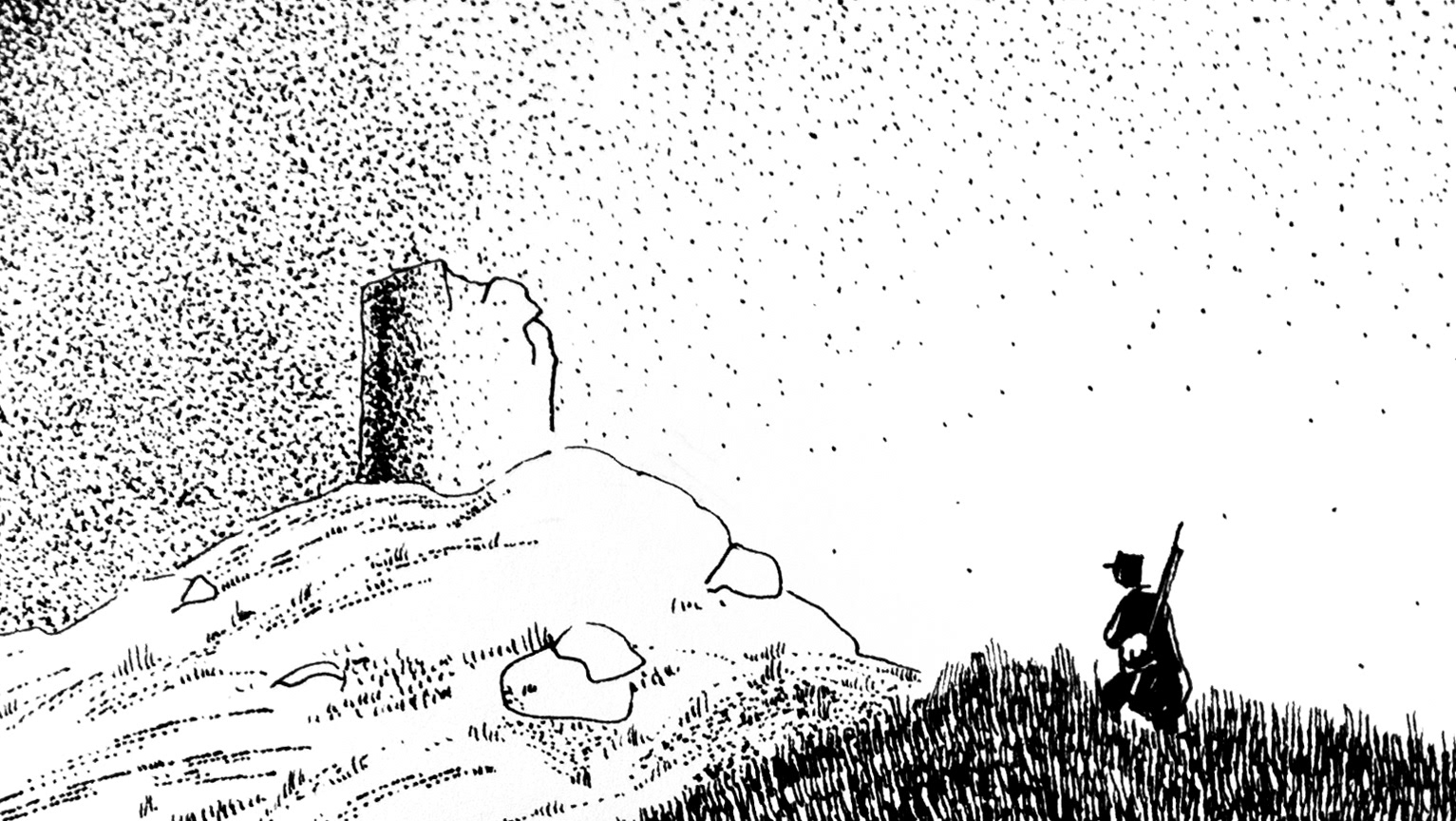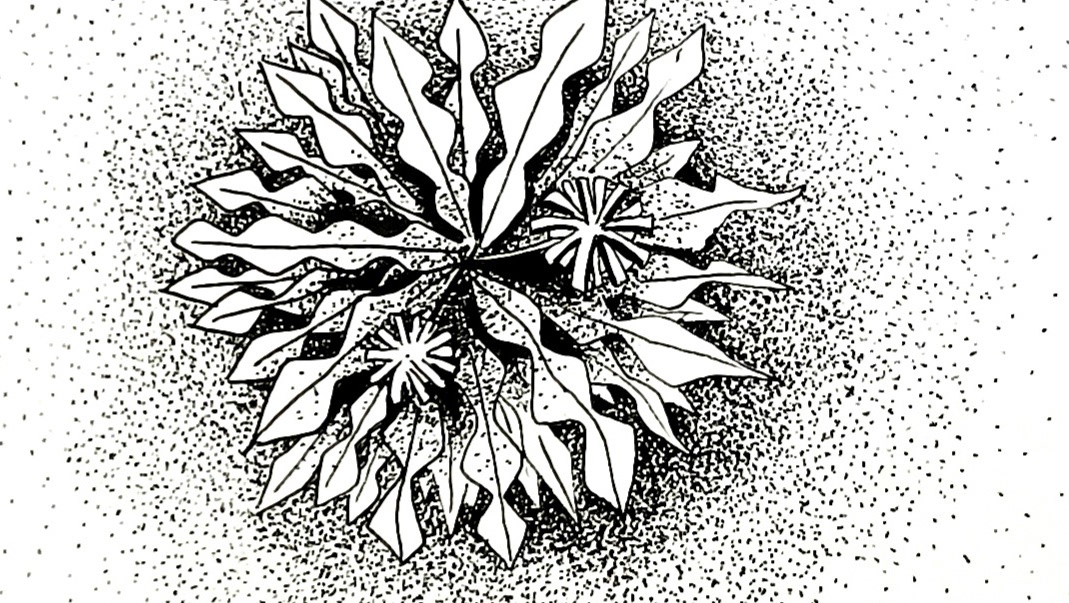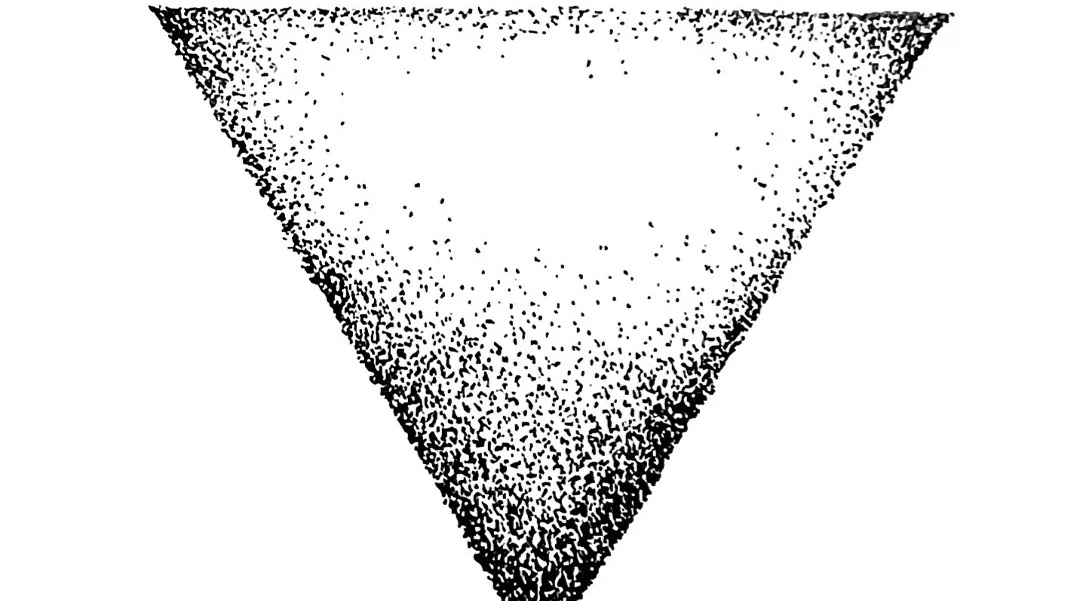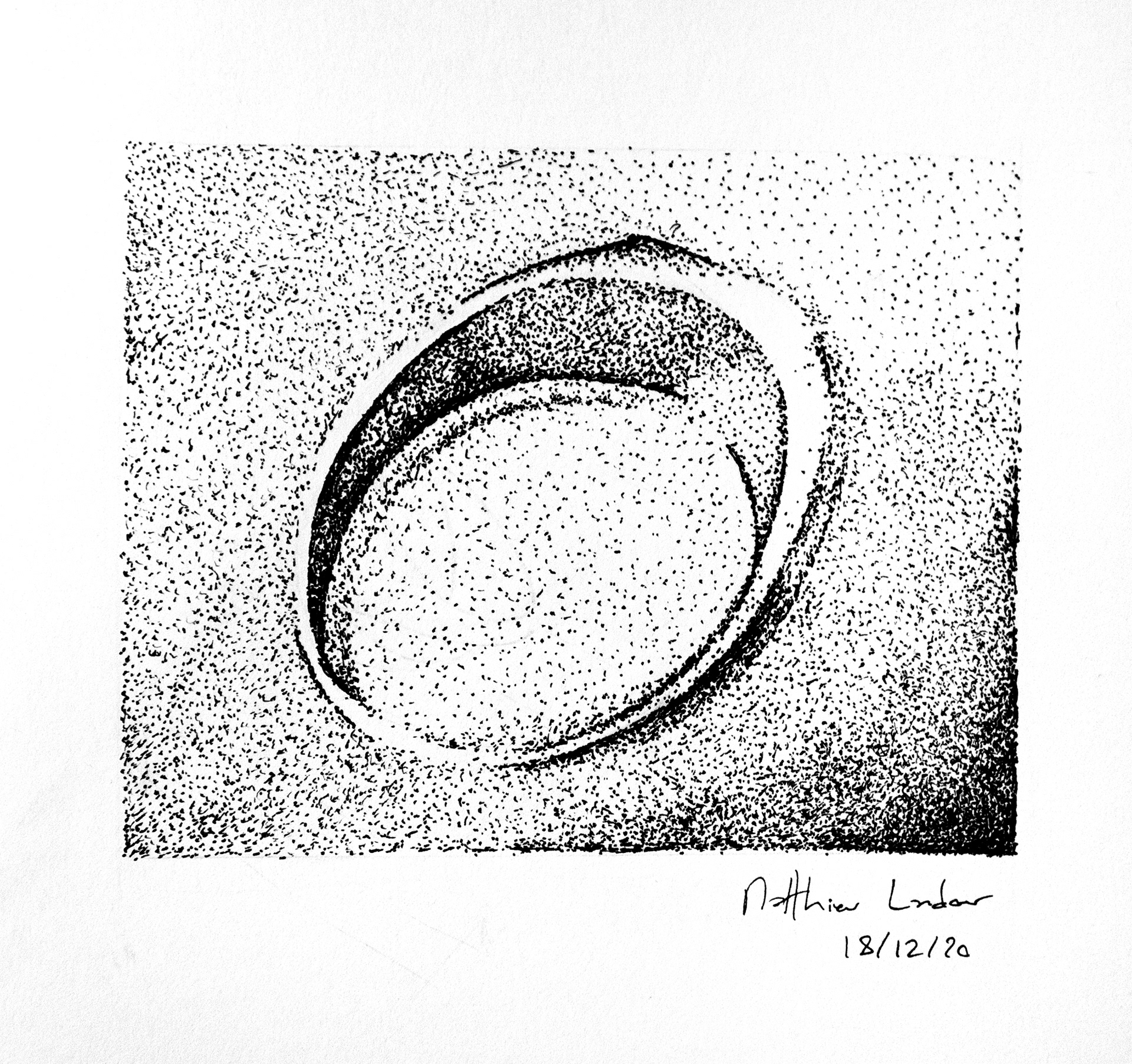
the ring
Today is a day at the end of October 1942 in Auschwitz. The weather in Poland can be quite black and white, either boiling hot or chillingly cold. From September to the end of October, the weather can easily go from 25 to 7.
Roger Debarre enters the Revier, sick, his skin covered in boil. He doesn't want to go to the Revier, but every single part of his body hurts. He is treated yet sent to block 21, a place from which one is easily selected to the gas chambers.
He hears that a few 45000 are here too. The place is big, crowded, it takes a while to find anyone. But Roger meets with his old friend, Jean Toussaint.
A few days ago, as he was working at the canal kommando, a drain fell on Jean, he broke his leg. It hurt a great deal, but nobody treated Jean the whole day, Jean had to wait for the day to end to come back with everyone else at the camp and join the Revier. By the time a doctor came to see him, his leg was long infected, gangrene had spread, it was already too late. The doctors did nothing.
Everyone knows Jean would eventually be selected, the doctors, Roger, even Jean. Jean keeps a good morale, Roger is devastated.
A few years earlier, when France lost the war, Roger was a 19 years old hairdresser. He wasn't a communist, yet he was part of a clandestine organisation, the national front. Together with a group of young people from Quessy-centre and around, they started building a radio to listen to the BBC, sabotaged electric lines, and secured ways for soldiers and prisoners from the occupied zone to cross the border. They even discovered an underground aqueduct under the Saint Quentin canal which the german authorities didn’t know about and created a safe passage for the soldiers and prisoners to cross the french border. To them, they had to rally other people to their cause, let them know that the war wasn't over, other countries were still fighting against Germany. France may have lost, but the french people weren't done yet. This is one way to resist, taking the streets and expressing yourself.
They prepared a gathering in the street of Quessy-centre for the 1st of May 1942. The police arrested them all that same day, right before it even began.
Roger didn't have time to say goodbye to Reine, the girl he loved.
Back to the present, Jean is finally selected on the 30th of October. He turns to Roger and quietly says goodbye, he tells him to keep being brave. He climbs a truck and leaves to Birkenau, to the gas chambers, to the crematoriums.
Roger watches him go, and he makes another decision.
He wants to survive. For Jean, for Reine, for himself, for his last name to carry on even, for all those reasons. And for the world to know what is happening here.
So he simply hides. Whenever a SS comes and selects him, Roger hides behind doors, he hides below beds, he hides unders provisions, sheets, he hides.
He hides just like he kept on hiding the signet ring Reine gave him a few months before he was arrested. It is almost impossible to keep your belongings in the camp. You either lost it along with your luggage when you stepped off the train, or it was sealed in a bag as you had to undress to put on your uniform. Yet as he was being shaved, Roger had a chat with a hairdresser. He told him 2 things. The first was that when he will be asked which skill he has, he should say electrician, it is an easier job that the others, and you eat well. Roger might have had less experience than in hairdressing, yet he knew enough. The second thing was that whatever belongings he'll give to the SS, he should expect never to see it ever again. So Roger kept with him his most precious possession, the signet ring Reine offered him. And hiding that ring for that long makes him hopeful he can hide other things, including himself.
3 times, Roger is selected to die, Roger hides then reappears. The SS always look for him, but they get eventually bored and leave.
But the more Roger stays, the weaker, the thinner he gets. Roger finally gets out of the block one morning and begs a kommando lead to take him, to work. The kommando lead looks at him, a man who weighs maybe 40 kilos, he hesitates. But there is something in Roger's eyes, a drive, a purpose. So he accepts.
Roger will survive.
Notes
Thank you for listening to this episode of 31000/45000, the story of 2 trains of french members of the resistance. My name is matthieu Landour Engel and I have never really been that interested with stories of deportation before I learnt about what happened to a member of my family.
This episode was about Roger Debarre, a young man who fought and survived by hiding.
Auschwitz is a smaller place than Birkenau, but there are still a lot of prisoners in the place, the number rose to 16000 at one point in 1944. Therefore hiding inside the blocks or the revier was difficult but not impossible. There are a lot of accounts of prisoners hiding around, or exchanging their numbers. By exchanging numbers I mean that sometimes, as a prisoner dies, you could pretend that person had your number, therefore you would stop existing for the administration.
It is the same with hiding objects. Normally, when you arrive in the camps, you must leave your luggages, clothes and the contents of your pockets. You can keep your belongings, if you’re very smart, it’s not easy but it is possible, some people like Roger Debarre with his signet ring managed.
It is pretty impossible to imagine the amount of objects that accumulated within the camp. Millions of people came to Auschwitz-Birkenau, carrying luggages, mostly believing they were being resettled. Their lives were in those luggages, their belongings were incredibly valuable and those were stripped from them right away. Those luggages were opened, triaged, and used for the war effort. The worth of those luggages is simply unimaginable, most was sent away in banks, to the army or to factories as raw material. There was a literal city sized economy being sorted in warehouses, known as the Kanada. I will talk further about it in another episode but it is worth knowing that there was an incredible variety of objects circulating in the camp, as an underground system of barter. Roger Debarre having a ring was not overtly unique is what I mean.
The national front Roger Debarre was part of in 1941 has nothing to do with Front national, a right wing party in contemporary France, which has nowadays been renamed rassemblement national. That national front, the one from the Second World War, was a french resistance movement created to unite all of the resistance organisations, and there were many, to fight the Nazi occupation forces and Vichy france. It was founded in Paris by Jacques Duclos, Germaine and Andre Pican and Pierre Villon. The name was inspired by the Popular front, a left wing coalition from the 30’s. The national front was designed to coordinate all the resistance fronts, like the one Roger Debarre had set up with some friends. Those people were really at the beginning of the resistance, most of the 45000 were to an extent the start of the resistance, they were arrested early on but their actions inspired many more to rise up against the nazi threat.
Roger Debarre survived and would end up marrying Reine. He was highly decorated, he was a brilliant and brave man. I made assumptions regarding Roger, that he survived thanks to his will to marry Reine, and to pay respect to his friend. I can't prove such assumptions.
I was lucky to get in touch with Francis Debarre, the son of Roger Debarre and Reine. He kindly shared his father’s story to me, he sent me a lot of documents related to his arrest as well as testimonies of other deportees. Francis Debarre told me an interesting story about his father. After joining the electrician kommando, which he did thanks to the advice of a hairdresser as he entered the camp, Roger took the risk of changing kommando, the glazing kommando. It was a risk because you could lose both kommandos when trying this and end up in a worst kommando, as well as being beaten by a kapo for daring. Yet Roger noticed that the glaziers were working near a brazier in order to heat up their mastic, which meant that they were also keeping warm as they were working. So he tried and faced a trial. At first, the kapo responsible for hiring the glaziers asked Roger whether he was a specialist or not. Roger noded, even though he had no experience.
Then the kapo gave him a piece of glass and asked him to cut it with a diamond , so Roger started by laying the piece of glass on a table before cutting it. The kapo stopped him and ordered him to cut the glass on his knee. Roger accepted and managed to cut the glass on his own knee, which gave him a place at the glazing kommando. As the kapo left, a friend of Roger came to him and asked if he had any experience in glazing, Roger said he didn’t. his friend told him that he had been very lucky, as a diamond has 2 different faces, one which cuts, and another which didn’t. So Roger sort of got his place by random luck.
Francis Debarre mentioned that Roger had an iron will to survive, for many reasons, one of them was that he worried that, if he died, the name Debarre would forever disappear. Debarre is actually a fairly common last name in France, but Roger Debarre didn’t necessarily know that at the time. Any meaning you give yourself to survive is a valuable reason, there are no wrong reasons to survive. Roger Debarre tirelessly kept on sharing his story, what he witnessed in the camps, the torture, the smell coming from the crematorium chemneys, the sicknesses, the hits, the lenght of the roll calls in the cold, ...He believed he had made an oath, an oath to share his story until the end, he kept that oah all his life.
My sources for this story are the book red triangles in Auschwitz, by Claudine Cardon Hamet, the website deportes-politiques-auschwitz.fr, memoire vive and the foundation for the memory of deportation website and the fantastic website auschwitz.org .
Thank you for your time and attention, next episode will be about Joseph Schneider and the Auboue transformator sabotage.
